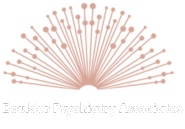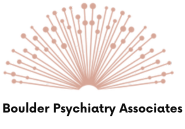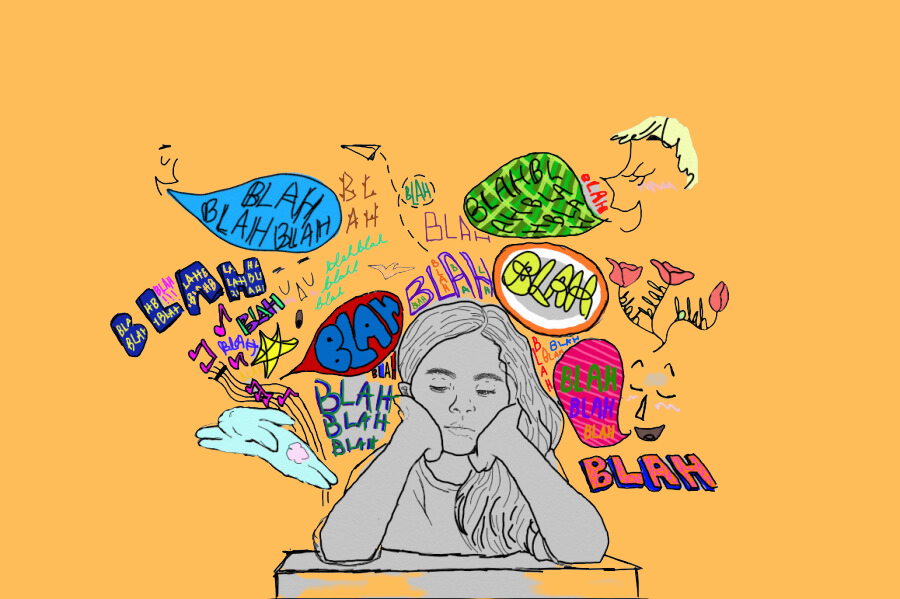If you suspect you might have ADHD, consider the following signs:
- Inattention: Difficulty focusing on tasks, frequently losing things, becoming easily distracted, or making careless mistakes. You might struggle with organizing tasks, forget daily responsibilities, or have trouble following through on instructions.
- Hyperactivity and Impulsivity: Restlessness, fidgeting, difficulty sitting still, talking excessively, or acting without thinking. You may feel “on the go” or struggle to wait your turn in conversations or activities.
- Impact on Daily Life: ADHD symptoms must interfere with your ability to function in various areas, such as at work, school, or in social situations.
For adults, recognizing ADHD can be more subtle, as symptoms might differ from childhood presentations. One significant aspect of ADHD is impulsivity, which is an important factor in this diagnosis. Another major mental illness that features impulsivity is Bipolar Disorder. Differences between the two kinds of impulsivity include ADHD-type which tends to be more “stupid”, doing things that in and of themselves are not specifically dangerous, but make life very difficult. With Bipolar Disorder, impulsivity tends to be more harmful, especially to oneself. ADHD impulsivity is more persistent and present in most situations, whereas bipolar impulsivity is episodic, mood-driven, and usually tied to manic or hypomanic phases
Some metrics are used (especially in schools), but the best method is to spend some time with a trained professional, such as a psychiatrist. ADHD symptoms are typically treated through a combination of medications, such as stimulants (e.g., Adderall, Ritalin) or non-stimulants (e.g., Strattera), which help regulate brain activity and improve focus. Behavioral therapy is also effective, teaching individuals coping strategies, time management, and organizational skills to manage inattention and impulsivity. Additionally, lifestyle changes like regular exercise, proper sleep, and structured routines can further help in managing symptoms and improving daily functioning.
—
Harrison Levine




